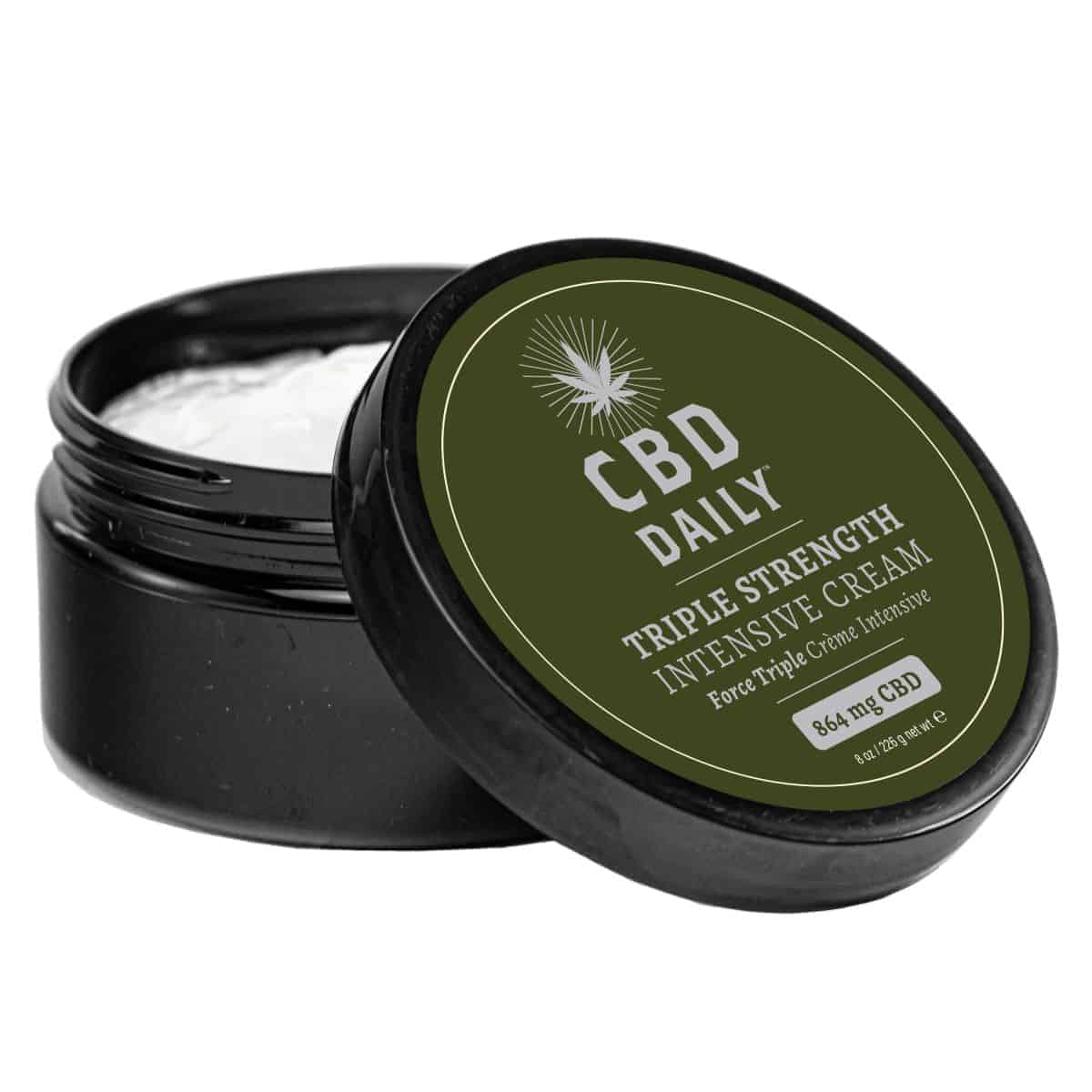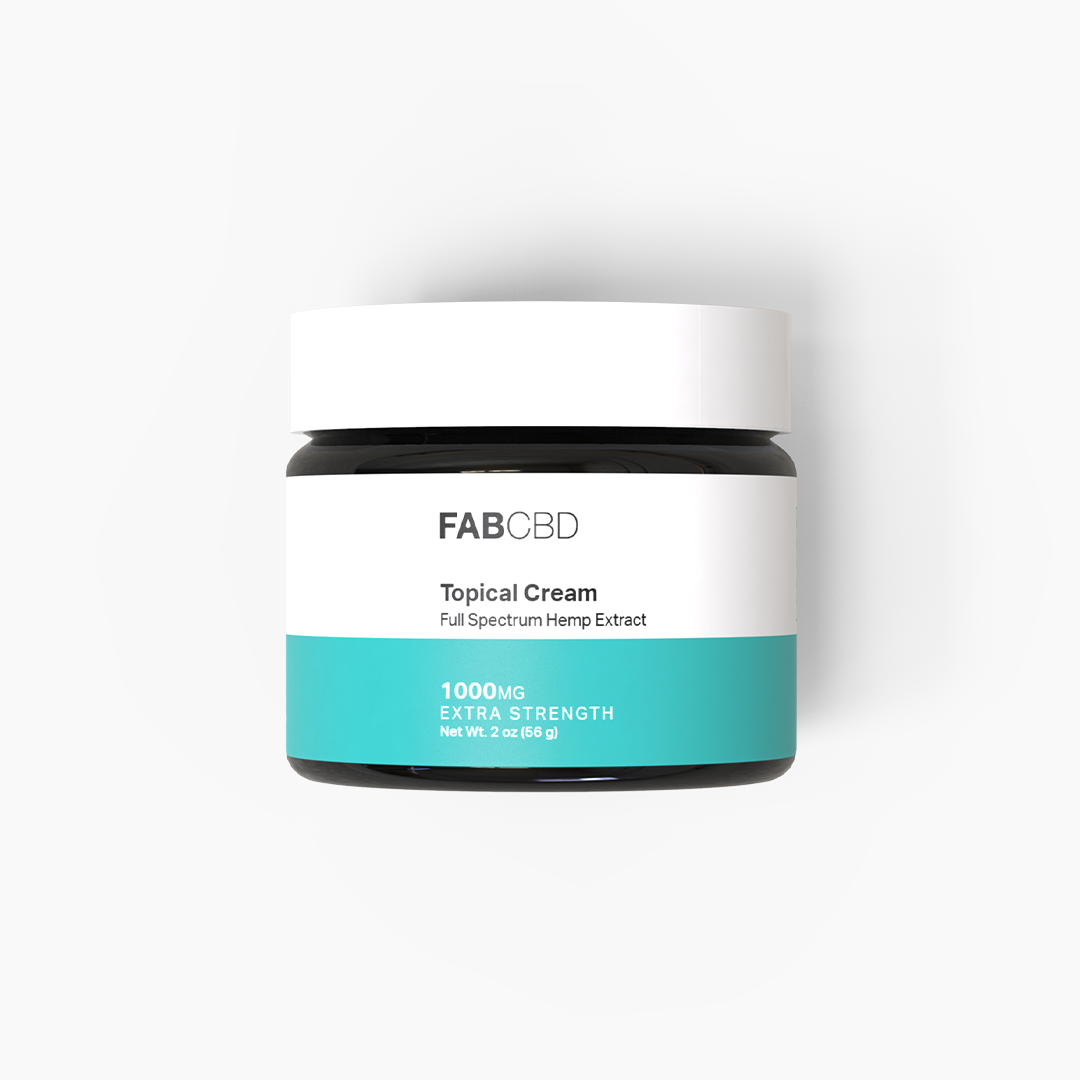Serenity CBD Arnica: Take Advantage Of the Power of Nature's Remedies for Overall Health
Serenity CBD Arnica: Take Advantage Of the Power of Nature's Remedies for Overall Health
Blog Article
Discover the Scientific Research Behind CBD Pain Cream and Its Therapeutic Impacts
As the demand for all-natural pain alleviation alternatives remains to climb, the clinical area has transformed its interest to the healing effects of CBD discomfort lotion. Recognizing the detailed mechanisms whereby CBD engages with the body's endocannabinoid system to relieve pain is important in analyzing its efficacy. From its anti-inflammatory residential properties to the facility neurological results that modulate discomfort understanding, CBD's possible as a pain monitoring service is a subject of ongoing study and professional rate of interest. Remain tuned to untangle the science behind CBD pain lotion and how it holds promise for those seeking alternative avenues for pain relief.
Endocannabinoid System and CBD Pain Relief
What role does the endocannabinoid system play in CBD discomfort relief? The endocannabinoid system (ECS) is an intricate network of receptors, enzymes, and endocannabinoids that play a critical duty in regulating numerous physiological processes, including pain experience. When CBD is applied topically or consumed, it communicates with the ECS to modulate pain perception and inflammation. CBD applies its effects by targeting cannabinoid receptors, specifically CB1 and CB2 receptors, which are plentiful in the central nerve system and immune cells, specifically. By binding to these receptors, CBD can hinder the transmission of discomfort signals and decrease swelling, bring about discomfort relief.

Systems of CBD for Pain Monitoring
Checking out the detailed devices with which CBD operates in discomfort management discloses its potential as a valuable restorative device in alleviating different kinds of discomfort. When CBD is provided, it regulates these receptors, affecting natural chemical release and moistening pain signals.

Anti-Inflammatory Properties of CBD
In clarifying the efficacy of CBD hurting management, a noteworthy facet depends on its powerful anti-inflammatory buildings. CBD, or cannabidiol, has gathered attention for its ability to modulate inflammatory actions within the body. Inflammation is an intricate organic action that plays a vital function in the body's immune system, yet when it comes to be persistent, it can add to numerous wellness problems, including discomfort. CBD engages with the endocannabinoid system, specifically targeting CB2 receptors discovered in the immune cells. By triggering these receptors, CBD can help control immune actions and reduce swelling.
Research check my site studies have revealed that CBD can inhibit inflammatory arbitrators and cytokines, therefore dampening the inflammatory waterfall. This anti-inflammatory effect is particularly encouraging for conditions characterized by persistent swelling, such as joint inflammation, inflammatory bowel condition, and neuropathic pain. By minimizing swelling, CBD not only resolves the symptoms however likewise targets the underlying reason of discomfort, making it a valuable therapeutic agent for handling a large range of inflammatory problems.
Neurological Impacts of CBD on Discomfort
CBD exerts extensive neurological effects on discomfort understanding through its interaction with particular receptors in the central nervous system. By affecting the activity of these receptors, CBD can aid manage pain level of sensitivity and inflammation, using prospective restorative advantages for people suffering from numerous types of discomfort conditions.
Studies have actually revealed that CBD's activity on the endocannabinoid system can cause the inhibition of pain signaling paths, decreasing the assumption of pain. Additionally, CBD has actually been located to have neuroprotective properties, which can assist ease neuropathic discomfort by securing nerve cells from damage. The ability of CBD to regulate discomfort at a neurological level makes it a promising option for managing chronic discomfort conditions where standard therapies might fail.
Medical Studies Sustaining CBD Discomfort Alleviation

Final Thought
To conclude, the science behind CBD pain cream exposes its possible therapeutic impacts via the modulation of the endocannabinoid system. CBD's devices for pain administration include its anti-inflammatory residential properties and neurological impacts on discomfort assumption. Professional researches sustain using CBD for discomfort relief. Further study is required to completely understand the degree of CBD's advantages in taking care of numerous types of discomfort.
As the demand for all-natural pain alleviation alternatives continues to climb, the clinical area has actually turned its interest to the healing results of CBD pain lotion. From its anti-inflammatory homes to the facility neurological effects that regulate pain understanding, CBD's possible as a visit our website pain monitoring option is a topic of recurring study and medical passion.Structure upon the understanding of CBD's neurological results on pain understanding, medical researches have provided beneficial understandings into the effectiveness of CBD in giving discomfort alleviation. A research published in the European Journal of Pain showed that using CBD topically lowered pain and swelling in rats with arthritis without any apparent side impacts. CBD's systems for discomfort management include its anti-inflammatory residential properties and neurological effects on pain understanding.
Report this page